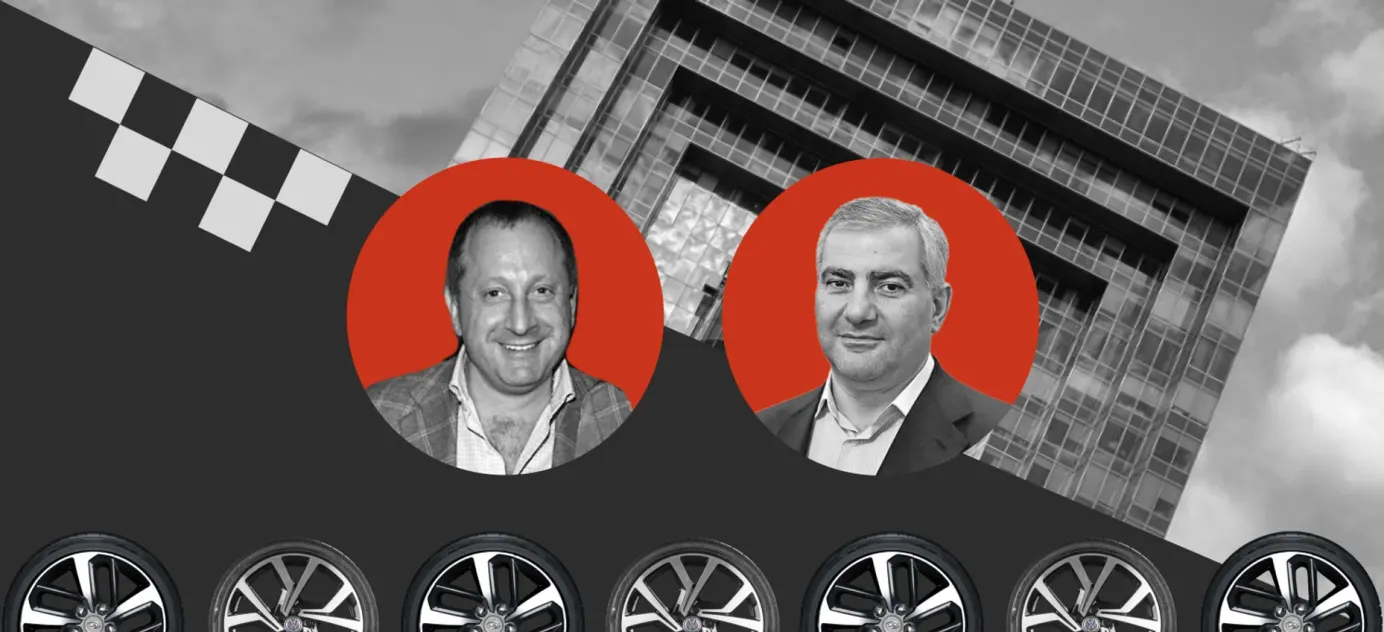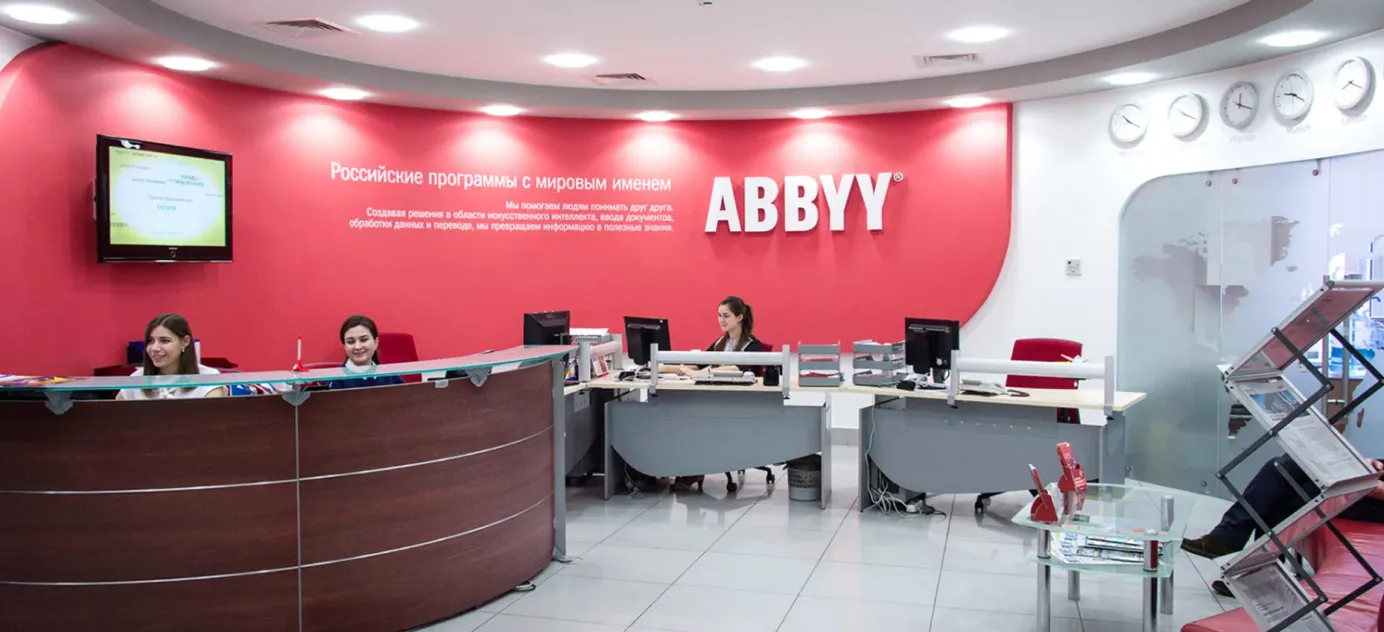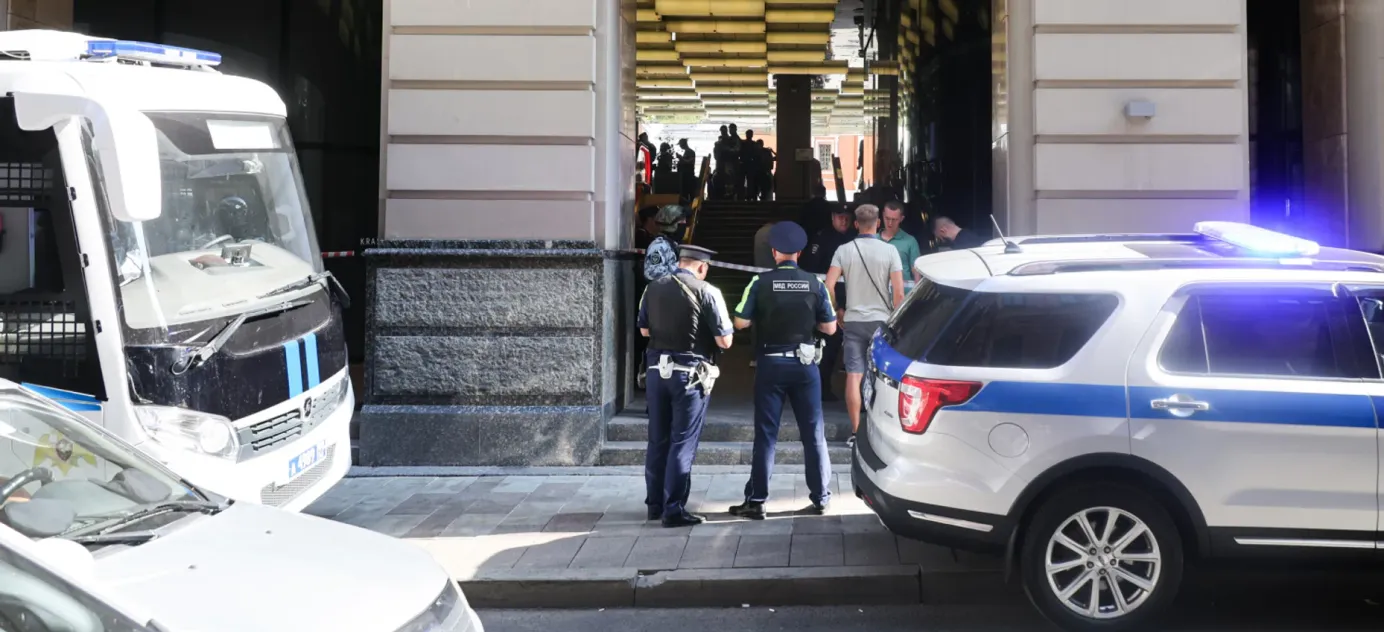
How a car salesman became the biggest winner of the corporate exodus from Russia
The Bell has published a major investigation into Alexander Varshavsky — a car dealership owner who now controls the Russian assets of Volkswagen and Hyundai and is one of the biggest winners of the mass departure of foreign firms from the Russian market.
- Alexander Varshavsky and his business partner Kamo Avagumyan came top in our ranking of the “New Russians” — those getting rich buying up the assets of firms quitting the country. Volkswagen and Hyundai used to account for one in every three cars sold in Russia before the war. The companies had combined annual revenues of 617 billion rubles ($6.6 billion) in 2021.
- Using financial records, open source data and interviews with Varshavsky’s associates and former business partners, the investigation shows how the Avilon dealership, founded by Varshavsky, traded on his connections with the Moscow elite to build fancy showrooms and a 21-storey business center in the capital, as well as win a stream of lucrative state contracts to supply Western-made cars to Russia’s security services.
- As his Russian business empire grew, Varshavsky, a naturalized American citizen, was arrested while traveling to the US in 2014 — a turning point at which he went all-in on his Russian connections, a former business partner told The Bell. He “realized that he was not welcome in the US,” they said. At this point, and with the geopolitical standoff between Moscow and the West escalating, Varshavsky started to look for opportunities to cash in on the tense political atmosphere and turn the world of sanctions to his advantage.
- His connections and mindset put him at the right place at the right time to capitalize after Russia invaded Ukraine and scores of foreign firms started leaving the country. In 2023, an Avilon-linked business closed a deal for VW’s former Russian assets for 125 million euros — a more than 90% discount on their pre-invasion valuation — and later secured a deal for a symbolic 10,000 rubles ($110) to buy Hyundai’s production facilities.
- However, buying the assets proved to be the easy part. Both companies had relied on foreign supply chains and extensive partnerships with their parent companies. With those now destroyed it is unclear how Varshavsky intends to restart production.
Why the world should care
Russian businessmen with the right connections have bought up Western assets at extremely low prices over the last two years. But in many cases, the firms they are buying aren’t the same as what they were before the war. Varshavsky has had trouble finding new international partners, even among Russia’s friends in China, a former business partner told The Bell.



